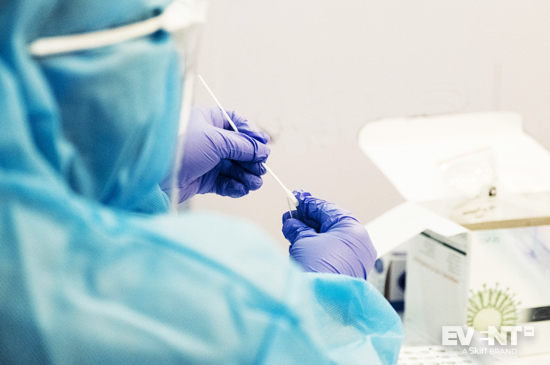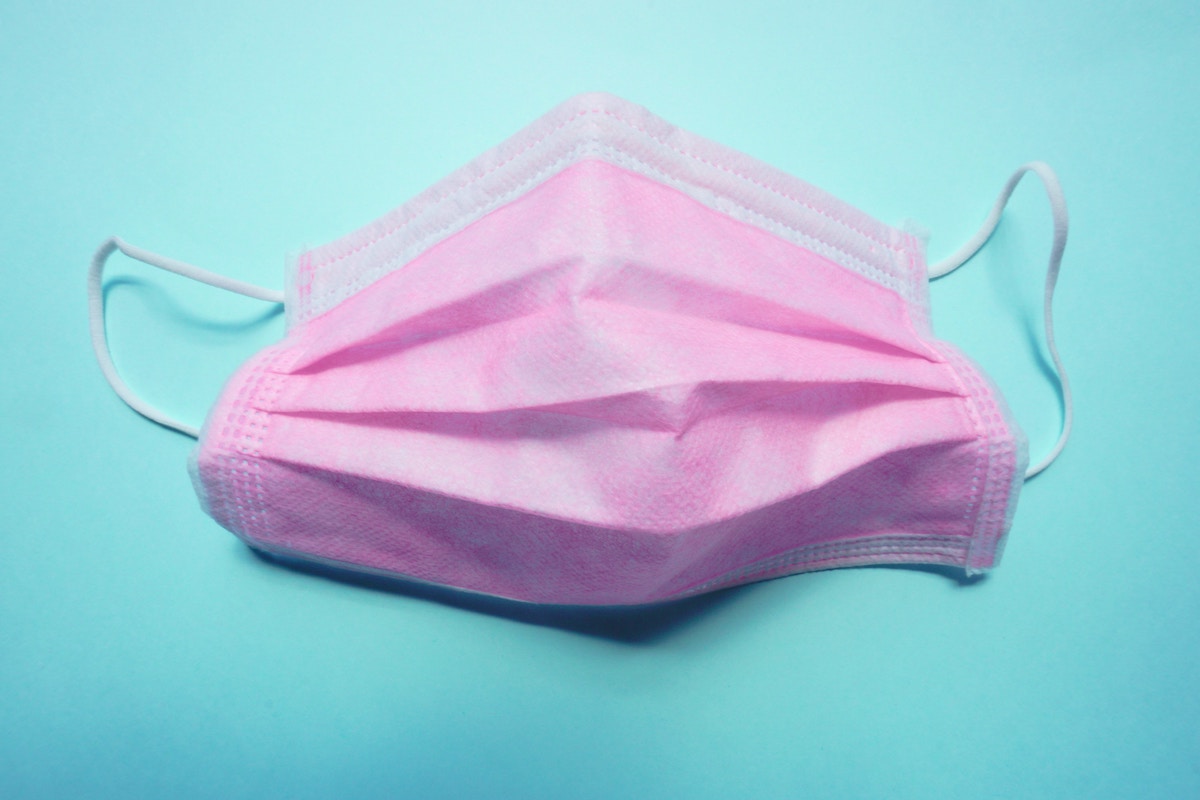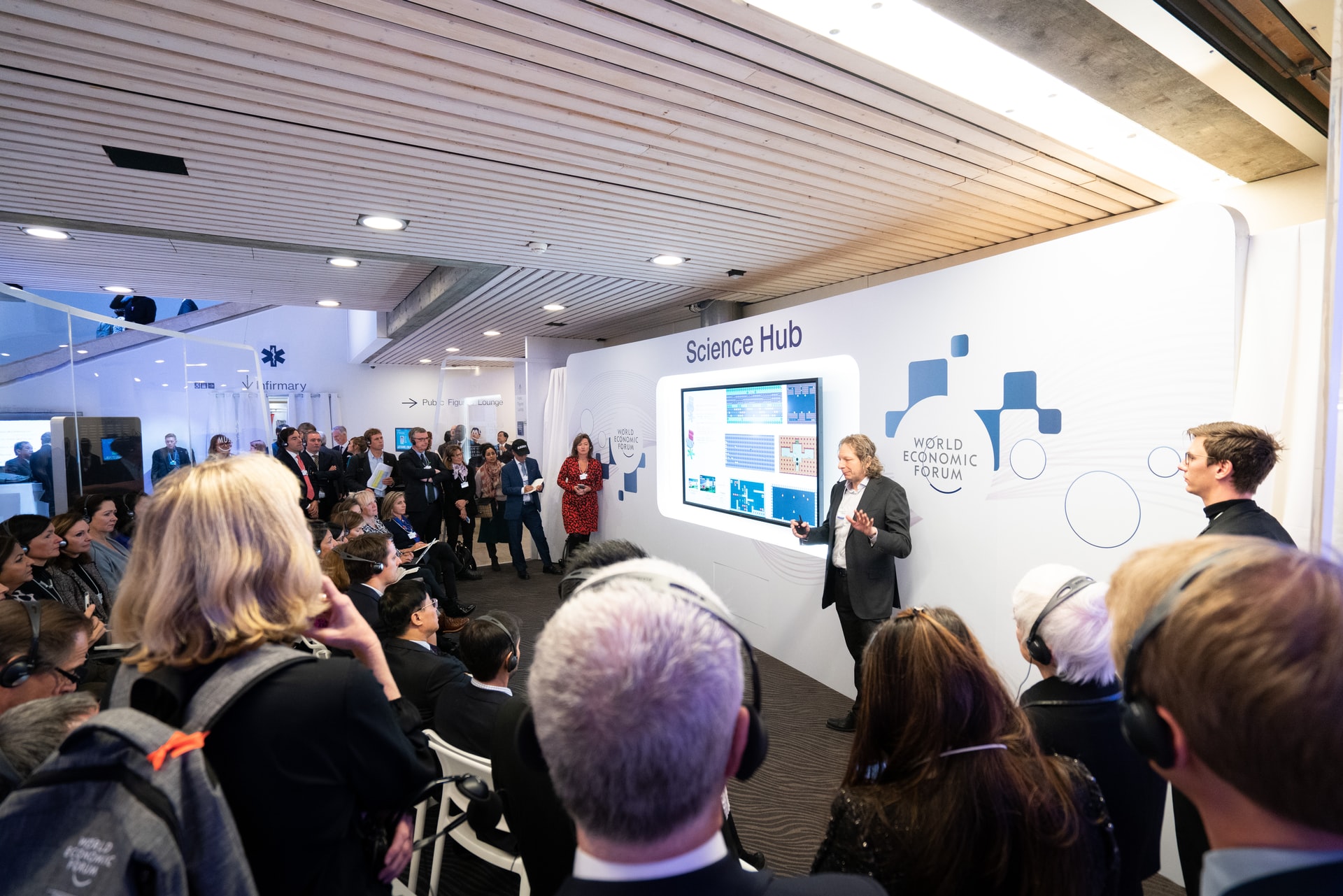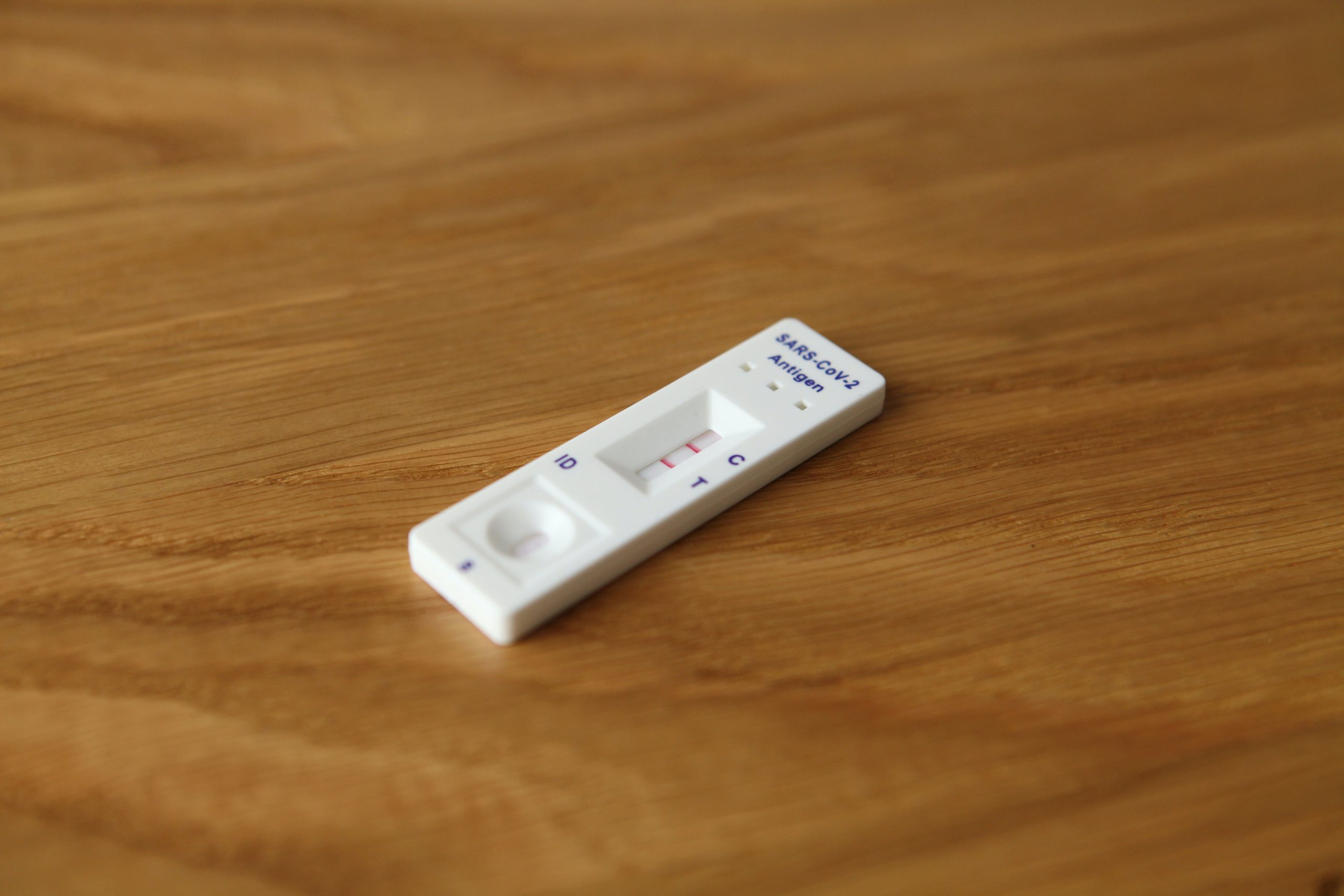Skift Take
The NBA and the NHL have been able to resume their seasons by instituting strict bubbles for participants. Is this a viable model for business events, and how much protection would on-site tests provide?
Event planners don’t have the same control over their attendees as major sports franchises have over their players, and testing still doesn’t offer perfect accuracy. Is on-site testing worth all the extra effort when it doesn’t offer any guarantees? The simple answer is that a solution doesn’t have to be perfect to be useful, particularly when our options are limited.
Indeed there is no single measure that promises to be an anti-Covid silver bullet. Event planners will most likely have to introduce a multi-faceted approach to risk mitigation in which onsite testing or “event bubbles” will play a major part.
Ryan Choura, an experienced producer of major events like Coachella and speaker at EventMB’s recent Hybrid Revolution Summit, has firsthand experience developing a workable model for screening attendees with on-site testing. He sat down with us to share some of what he has learned since launching his health-services company, We Are Lifeline Health, in early April. To date, the company has conducted over 30,000 Covid-19 tests and organized on-site testing for a 120-person event in July.
Organizing an effective on-site testing protocol requires a firm grasp of multiple factors:
- The testing options available now
- The argument for making speed a higher priority than accuracy
- The logistical considerations that come with executing an on-site testing system, from building the clinic to calculating the costs
An advocate for on-site testing as a way to mitigate rather than eliminate risk, Choura underscores his advice on each of these topics with the mantra: “Don’t let perfection get in the way of progress.”
Why Bother Testing at Events When We Might Have a Vaccine Soon?
An on-site testing program needs to be approached with careful planning. Some might question the utility of developing expertise in an area so far removed from an event planner’s typical skill set, but the threat of Covid-19 isn’t likely to subside anytime soon. As renowned science writer Laurie Garrett pointed out in a recent interview for Skift Global Forum 2020, we are unlikely to see a vaccine reach wide circulation until 2021.
If preliminary research results are any indication, Garrett added, none of the vaccines currently in development promise greater than 50 percent effectiveness, which is less protection than wearing a mask currently offers.
This sobering news means that event planners need to explore every avenue possible for controlling the virus’s spread. While current testing options don’t offer a foolproof way to create a totally infection-free zone, they are a significant improvement on no screening method at all.
What Are Your Testing Options?
Each type of test is suited to different applications, and it’s important to understand their limitations.
Earlier this year, most of the focus was on RT-PCR tests, which boast close to 100% accuracy when conducted eight days after contracting the virus. RT-PCR tests are so sensitive that they can detect the virus’s genetic material even after it loses its infectiveness.
Choura’s We Are Lifeline Health offers expedited same-day PCR tests for those who want the most accurate results available, but for his own proof-of-concept ‘bubble event,’ he chose a rapid antigen test. It has the following accuracy rates:
- 99 percent specificity (i.e. only 1 percent of positive results are false)
- 96.7 percent sensitivity (i.e. just over 3 percent of negative results are false)
Like PCR tests, antigen tests are able to detect active infections. They react to special proteins produced by the virus, and they are the fastest and least expensive option available for diagnostic testing.
Choura’s company also provides antibody tests (with 96.7 percent specificity and 97 percent sensitivity), but they’re primarily designed to tell if someone has been infected in the past rather than to detect active infections.
Why Speed Needs to Be a Priority for Testing at Events
Although it might seem counter-intuitive, it makes sense to sacrifice some accuracy for the sake of a faster turnaround for on-site testing at events.
As both Garrett and Choura noted, even the best tests have a 48-hour ‘blindspot’ following initial transmission of the virus. In other words, for the first three days that someone is infected, they are very unlikely to test positive — even with the gold-standard PCR tests that otherwise have over 99 percent accuracy.
Event planners can’t abandon other safety protocols just because attendees have been tested, but this news is not as discouraging as it might at first seem. The reason lies in the very mechanism that prevents tests from detecting freshly-acquired infections: within the first 48 hours, the carrier’s viral load is too low to be picked up by the tests. In turn, this lower viral concentration means that carriers are also likely to be far less infectious during this initial period.
For this reason, it is preferable to do a lower-accuracy rapid antigen test immediately before an event than to do a high-precision PCR test three days in advance.
If someone contracted the virus shortly before taking a PCR test, they would receive a false negative — then, over the following three days, their infectiousness would increase in tandem with their viral load. Although a rapid antigen test might also miss people who were just infected, someone with a low enough viral load to be missed is unlikely to become highly infectious within the following 12-hour period.
If you are hosting a one-day event, a high-quality rapid antigen test may be the most effective screening option available. It has the additional advantage of being cheaper than the PCR alternative.
A Model Protocol for On-Site Testing
Deciding which test to use is only the first step in developing an effective testing protocol.
When discussing the accuracy of his antigen test, Choura emphasized the importance of controlling the environmental conditions of the test site. Temperatures above 80 degrees fahrenheit will compromise the accuracy of an antigen test. For this reason, his company built a temperature-controlled structure for their event’s on-site testing clinic.
Choura noted that the logistical framework of any on-site testing process would have to be adapted on a case-by-case basis, but he was happy to share the steps involved at his own event:
1. The testing clinic was built 72 hours in advance, but it took less than a full day to construct.
2. Attendees had to choose a time slot for their test, and then another time slot for entering the event. This staggered system avoided crowding.
3. The testing procedure had a drive-through format.
4. Attendees stayed in their cars while they waited for their test results, which were sent via text message.
5. Attendees who tested negative were given a code that they could use to enter the event at their allotted time.
It’s also key to factor in all of these logistical considerations when calculating the price involved. While many in the media have quoted prices as low as $10 per test, Choura says that these figures are unrealistic. “Once you add in the full labor and build cost, it would run to roughly $150 per person for the antigen test that we used. Depending on the type, the test itself usually costs between $10 and $50.”
On a final note, Choura cautioned against opportunistic companies who might attempt to offer testing services without proper qualifications or experience. He recommends consulting a medical professional before investing in any given product or service.
IN CONCLUSION
Early on in the pandemic, the available testing options were able to meet only two of the following criteria simultaneously: accuracy, speed, and affordability. While this rule still has some bearing, we are getting closer to a product that meets all three demands.
With that said, if an offer seems too good to be true, it probably is. Always do some preliminary research and seek medical advice before signing a contract with a would-be testing service.
Rapid antigen tests are emerging as the most practical option for many events, but each kind of test has its individual advantages. Think carefully about which type is right for your event, and develop a plan that will give attendees the most frictionless experience possible.
And remember: On-site testing may not be a perfect solution, but it does represent progress.





